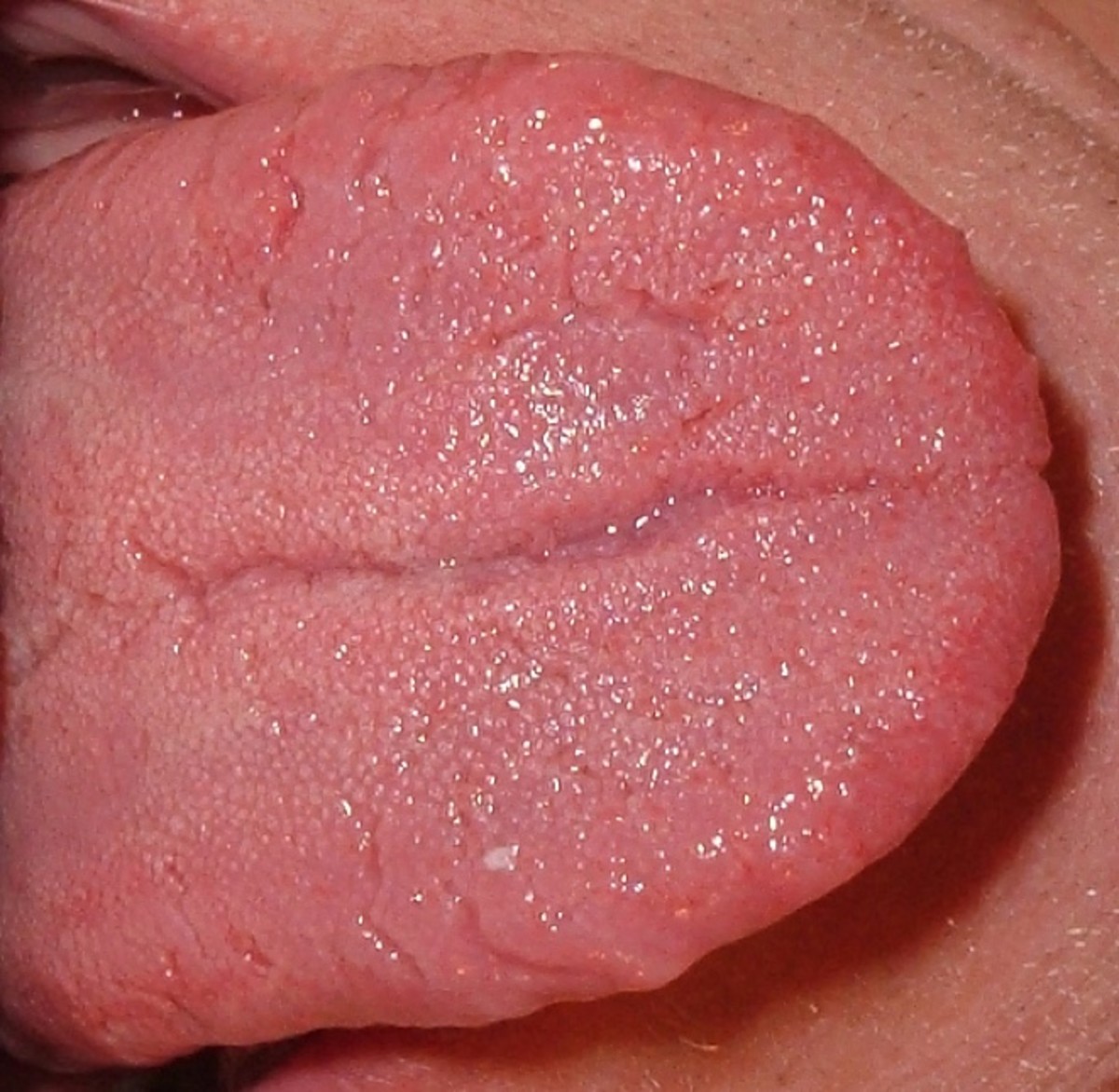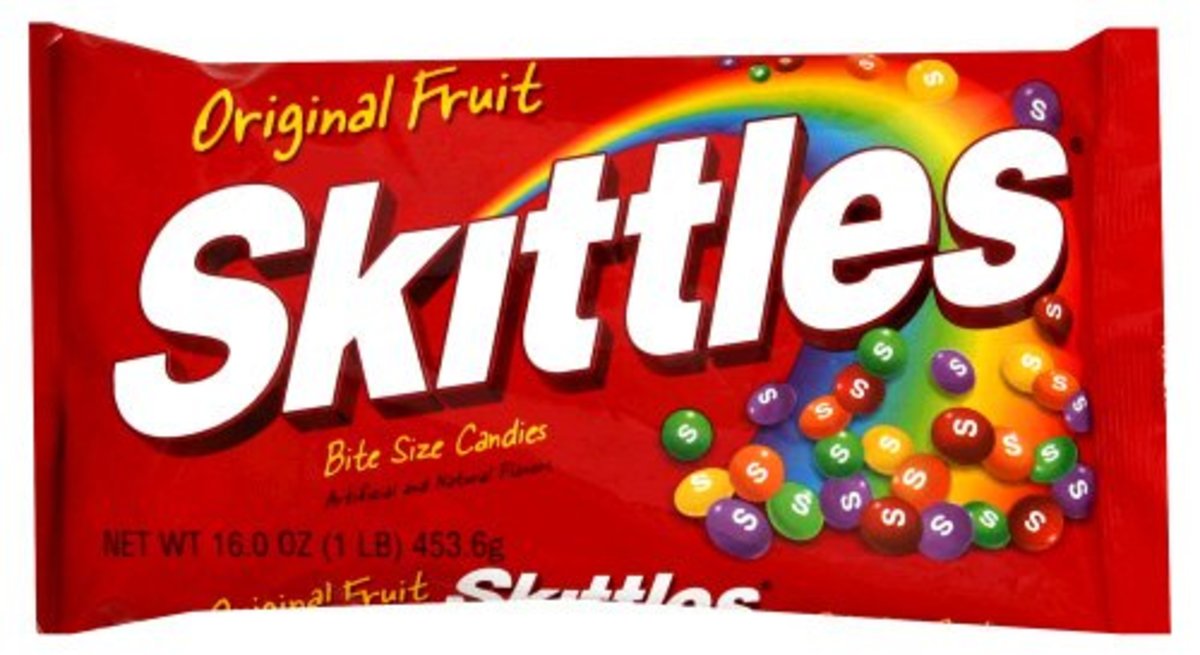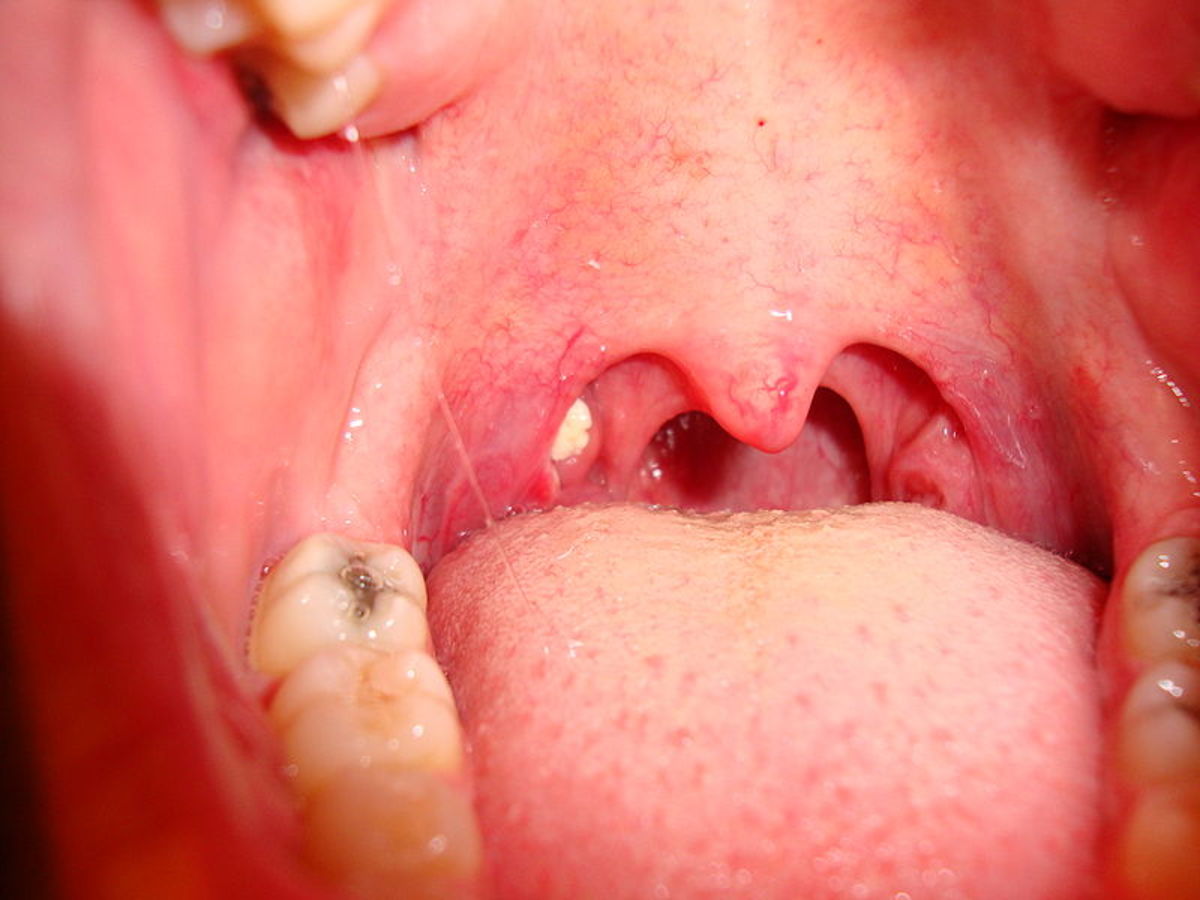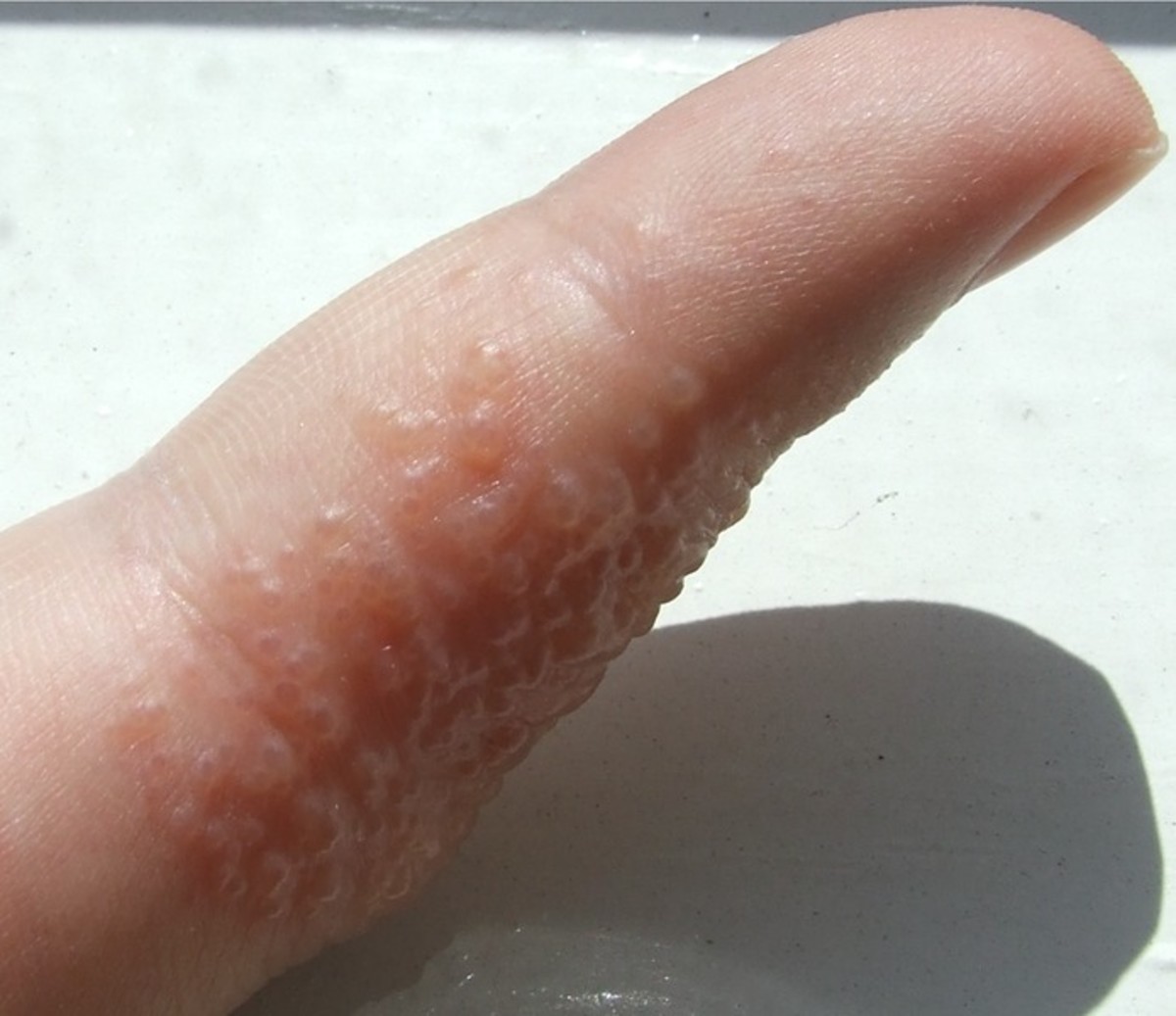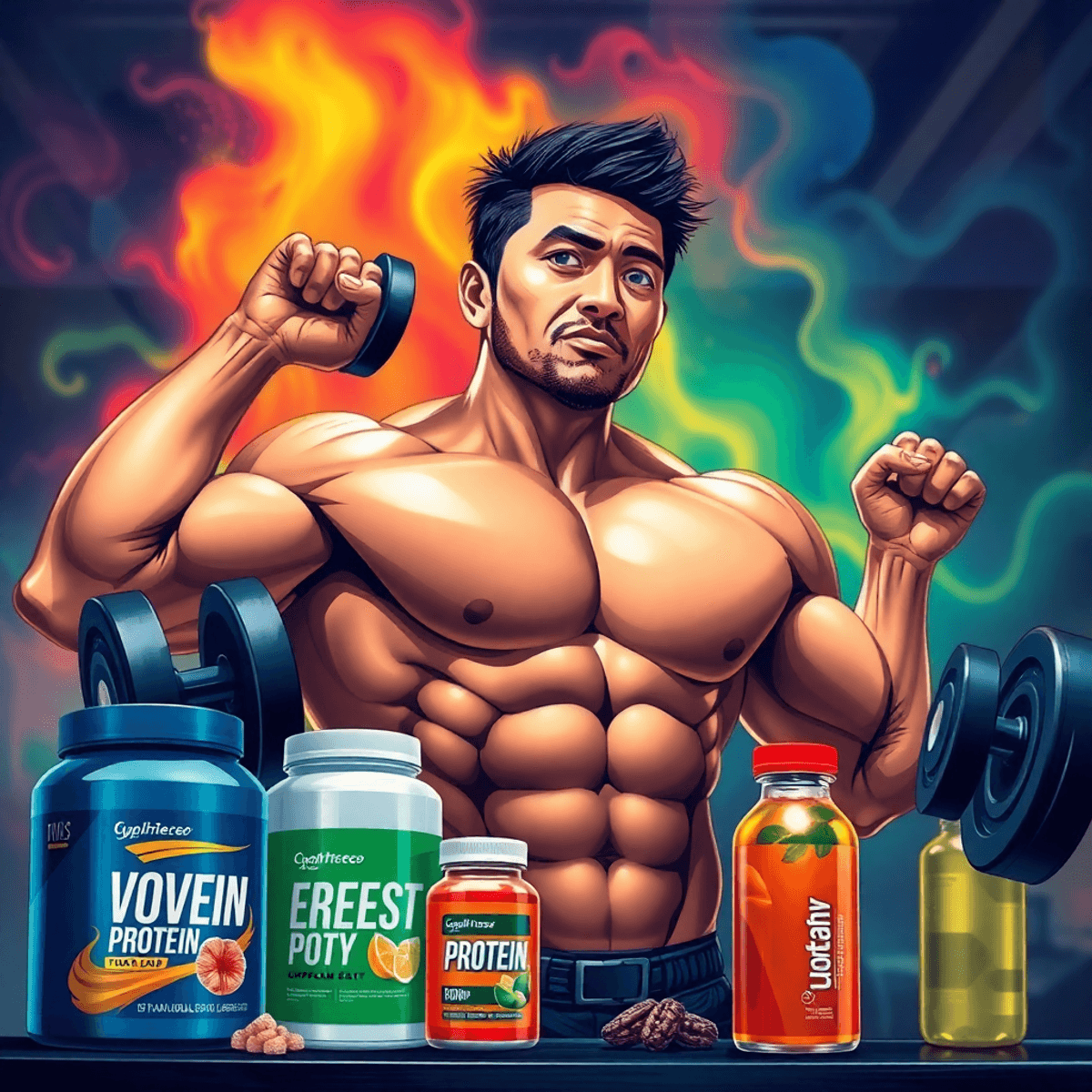Hyperactivity and ADHD - A Natural Approach
Explanation and Causes of Hyperactivity
Hyperactivity may not seem to need definition, but can be said to involve a person (usually a child) who cannot concentrate on one thing for very long and may disturb others. Some of the signs include failure to listen to instructions, inability to organise oneself, fidgeting, talking too much, leaving projects and homework unfinished, and having difficulty paying attention to details. It is probably true that it is easier to detect hyperactivity than define it.
It really needs a professional to diagnose hyperactivity, because it can be mimicked by (for example) a bright or even gifted child who is bored witless because he or she is not being stretched enough. It is also possibly true that hyperactivity/ADHD (in his or her charges) is all too often used as an excuse by a poor teacher. After all, just about all children “play up” from time to time.
That said and having assumed that hyperactivity has been definitely diagnosed, the fact remains that there are many nutritional and chemical causes for hyperactivity. Many of these causes can also cause other problems such as eczema; there is a known constellation of symptoms (including eczema, allergic rhinitis and asthma as well as hyperactivity) which can all have the same triggers.
The possible causes of hyperactivity are many and varied, but include:
· Nutritional deficiencies, particularly of zinc and essential fatty acids.
· Chemical sensitivities
· Food allergy and sensitivity
· Sugars
· Toxins, particularly heavy metals
There are normally more than one of these causes present in hyperactive children.
Nutritional Deficiencies
Many nutrients are needed by the brain and central nervous system, and lack of any of them can cause problems. Various nutrients are also needed to produce hormones and prostaglandins (which are essentially very short-lived hormones) affecting mood and behaviour directly or indirectly.
B vitamins and various minerals are necessary for neurotransmitter production, which in turn affects brain function and memory. Shortage of magnesium, calcium and potassium can cause the nerves to be over-excitable; shortage of chromium can cause large swings in blood sugar levels, especially if combined with intake of large amounts of sugar or refined carbohydrates.
Probably most importantly for the brain in particular, polyunsaturated omega-3 and omega-6 oils are needed for all manner of purposes including the formation of cell membranes; in particular, the membranes of nerve cells require very large amounts of these oils. Balance between omega-3 and omega-6 is also very important. Zinc is particularly needed to metabolise these oils.
All or most of these nutrients are deficient in the all-too-common children’s diet low in fresh fruit, vegetables and fish, and high in sugar, refined starches and artificial chemicals.
Chemical Sensitivity
It is all too common in the 21st century for a child’s diet to be awash with preservatives, artificial flavours, artificial colours and pesticide residues. Some foods also tend to have fairly large amounts of antibiotic residues in them. Of course, there are strict legal controls on the levels of these various chemicals in food, but the synergistic effect of numerous different chemicals in the diet is rarely considered. All these unnatural chemicals need work by the liver to detoxify them; past a certain point it becomes impossible.
A good example is conventionally-grown tomatoes; a recent study found forty-odd different pesticides in fresh tomatoes, in significant amounts although all of them were within legal limits. It is also the case that each of these various chemicals will have a small proportion of people unusually sensitive to it; the most common examples here are artificial colours, sulphur dioxide and benzoic acid - the last of these is often used as a preservative in sauces and drinks.
Food Sensitivities and Allergies
Food allergies have been getting a lot of publicity for quite a long time now, the most often mentioned being peanut allergy; this sort of allergy can sometimes be life-threatening. Less well-known is the fact that many people have a lower-grade sensitivity to various foods, which is often only triggered when a particular food is frequently eaten. The most common culprits here are cows’ dairy products (with the exception of butter, usually), wheat, citrus fruits, tomatoes and caffeine. For children, the most common way of getting excessive caffeine is cola drinks; of course these often contain excessive amounts of chemicals and sugar as well. (For adults, coffee is probably a more common culprit, but it is probably quite rare for a child to drink large amounts of this.)
Sugar and Refined Carbohydrates
Sugars and refined carbohydrates (such as white bread and white rice) act in much the same way in the body. The problem is that this type of food puts a strain on the body’s metabolism and control systems, made worse by the fact that these foods don’t contain the nutrients that the body needs to deal with the sugar. To emphasise this, it might be worth mentioning that vitamin B1 was first isolated after noting that chickens fed on white rice developed a condition similar to the human deficiency disease beri-beri; this was entirely cured by switching them to brown rice. It turns out that, like other grains, rice contains vitamin B1 – but only in the outer skins of the grains.
Heavy Metals
Various heavy metals can impede mental function. The most common problem heavy metals are lead, cadmium and mercury, all of which act as zinc antagonists; this matters because zinc is needed for many functions in the body, including the metabolism of essential fats.
Lead used to come from car exhaust fumes; this is not so much of a problem anymore. More common is excessive lead intake caused by old lead water pipes; as well as this, there is the occasional scandal regarding toys (usually imported into Western countries) coated in lead-containing paints.
Cadmium comes mainly from cigarette smoke. Yet another reason for not making your children breathe your cigarette smoke.
Mercury mainly comes from fillings. This means that sugar has an indirect method of damaging the body, in that people who consume a lot of sugar are likely to have a lot of fillings. Another source of mercury is fish, particularly large fish at the top of the food chain such as tuna and shark. Small fish such as herring, mackerel and sardines are less of a problem. This is because at each step of the food chain, contaminants such as mercury and the alphabet spaghetti of industrial chemicals (DDT, PCBs, dioxins...) now unfortunately present in seawater are concentrated further. Small fish are therefore less contaminated.
Natural Remedies for Hyperactivity
Minimising adverse reactions
This basically consists of eliminating as far as possible all the foods already mentioned as triggers. But to list them again, for clarity:
· Avoid sweets, biscuits and cakes especially those with artificial colours and flavours.
· Avoid citrus fruit and citrus fruit juices.
· Avoid fizzy drinks, especially cola drinks.
· Avoid undiluted fruit juices.
· Avoid potato crisps.
· Avoid or reduce cows’ milk dairy products except butter; substitute soya milk or goats’ or sheep milk.
· Reduce or avoid wheat products.
· Avoid any food with a lot of artificial chemicals especially colours.
Maximising Nutrition
Again, most of the measures here have already been mentioned. Listed again:
· Eat plenty of fruit and vegetables, except citrus.
· Eat unrefined versions of foods; wholemeal bread, brown rice, jacket potatoes.
· Eat for preference free-range or organic meat and eggs, also organic vegetables if possible.
· Eat fresh fish or fish frozen without additives; example, fish fillets instead of fish fingers. Preferably, the fish ought to be small oily fish such as mackerel and herring, or wild-caught salmon.
· Eat sunflower and pumpkin seeds and also nuts (except peanuts).
Supplements
The idea here is to support the body generally, and also to supply the essential fats needed for proper brain growth and metabolism. A sensible approach is to give a child a multivitamin/mineral suitable for his or her age and body weight; the dosages vary wildly because, of course, a 4-year-old is greatly different from a 12-year-old in mass and growth rate. My personal suggestion is that if a product says it is suitable at the same dosage for all children from 3 to 12 then don’t buy it because the manufacturers are lying - or at least severely misinformed. In addition to this, vitamin C in dosages ranging from 100mg to 500mg according to age may be useful.
It also ought to be mentioned that slavishly following instructions based on age is a bad idea; an 8-year-old who is big for his age may need the usual amount for a 12-year-old.
The need for essential fats ought to be covered by the dietary changes mentioned above. However, it may be easier to get a child to take fish oil and evening primrose oil (1000mg of each per day) as a supplement than to get him or her to eat oily fish and sunflower seeds; for vegetarians, either hemp oil or a combination of flaxseed (linseed) oil and sunflower or safflower oil will do the same job.

